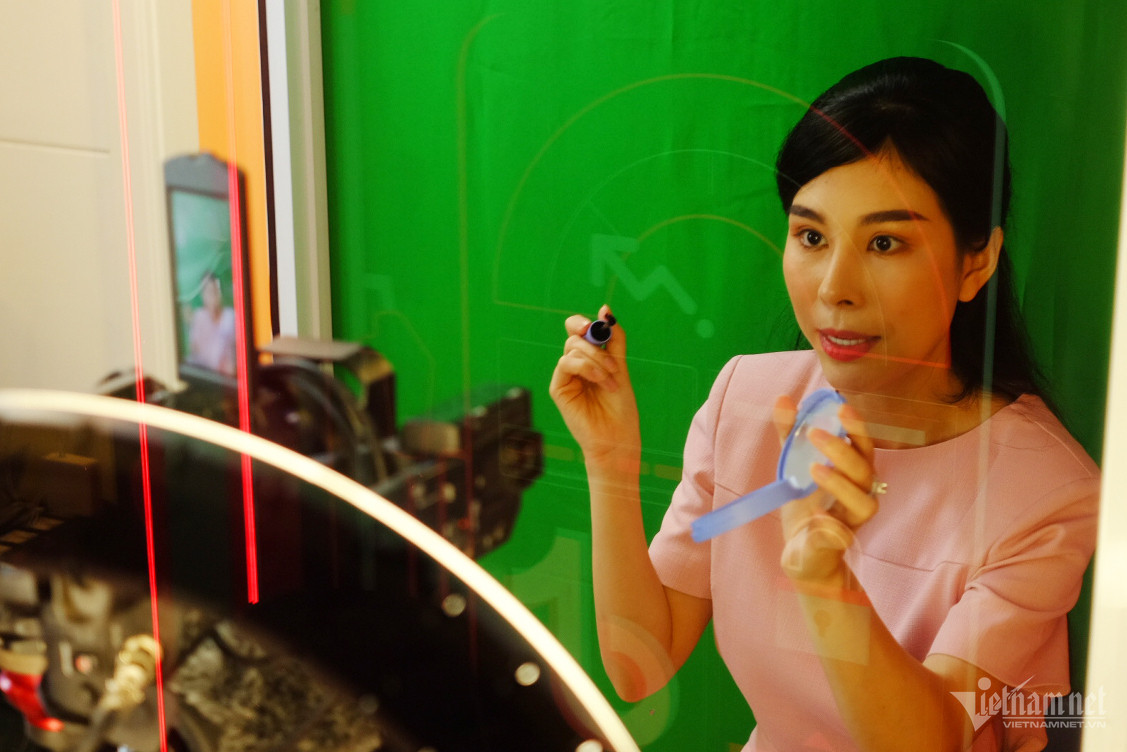
According to MIC, all social networks, domestic and foreign, offer livestreams, which allows social network accounts to transmit or receive live video and audio coverage of events over the internet in real time.
This broadcasting mode can affect society, so MIC believes that there must be additional regulations to control the feature.
This can be seen in the articles of the draft decree to replace Decree No72 released in 2013 and Decree 27 released in 2018 on managing, providing and using internet service and information on the internet.
According to MIC, only social networks that have licenses (domestic organizations and businesses), or have notices about operation to MIC (foreign organizations or businesses providing cross-border services in Vietnam) will be allowed to provide online video broadcasting service, or livestreams.
All the professional services provided under the mode of livestream will have to observe the regulations in this field.
Point d, Clause 7, Article 27 of the draft decree, for example, says that only social networks that have been licensed by MIC can provide online video streaming services (livestream) or provide online services that generate revenue under any form (not including e-commerce activities).
If social networks with a low number of regular visitors have demand for livestream services or provide services that generate revenue (not including e-commerce activities), they will have to follow procedures on licensing social network services.
Clause 10, Article 38 of the draft decree says, when providing social network services in Vietnam, only users who provide sufficient and accurate personal information as required can post information (write articles, comments, livestream) and share information on social networks.
Regarding the rights and obligations of the users of domestic and foreign social networks, Article 39 of the draft decree says the accounts, community pages, content channels and community groups must observe the laws when providing information under the mode of livestream.
According to MIC, on foreign social networks such as Facebook, YouTube and TikTok, there is a high number of fake news, toxic content and information that defames or insults the reputation, honor and dignity of organizations and individuals, propagates superstition, and infringes copyrights.
Therefore, MIC requests social networks to publicly describe the process and the method of distributing content on their platforms, so that users can decide whether to use the networks. In principle, social networks must make their products transparent before supplying products to consumers.
Trong Dat